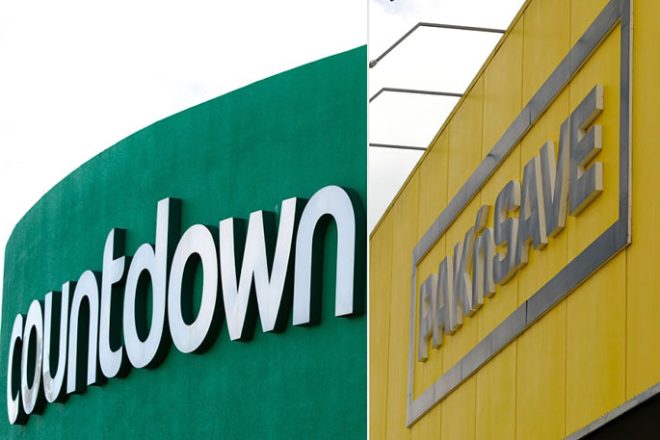From 1 September, major supermarket chains in New Zealand will face fines up to $3 million if they treat small suppliers unfairly. This move follows a Commerce Commission report which showed high retail grocery prices in the country and a lack of competition in the $22 billion industry.
Key details:
- The commission’s findings indicated New Zealand’s grocery prices and the profitability of major retailers were high compared to global standards.
- The food and grocery sector is mainly controlled by Foodstuffs (New World, PAK’nSAVE, and Four Square chains) and Woolworths Group (Countdown, Fresh Choice and Super Value chains), together accounting for 80% of the market.
- The government has introduced measures, including a mandatory code of conduct and laws to prevent supermarkets from restricting competitor access to land.
- The code mandates supermarkets to act in good faith with suppliers, ensuring timely payments and clear contracts. It prohibits retrospective contract changes.
- Penalties for breaching the code can go up to $3 million or 3% of turnover for supermarkets. Individuals could be fined between $200,000 and up to $500,000.
- The code will be fully effective in six months, with both retailers and suppliers expected to negotiate under its provisions.
- Benefits to consumers include potentially lower prices, increased product range, and more choice. However, prices might not revert to previous levels.
- Breaches of the code will be monitored by the Grocery Commissioner, Pierre van Heerden, with powers to request information from both suppliers and supermarkets.
The commissioner encourages suppliers to report any problems, guaranteeing their anonymity. The ultimate aim is to enhance competition and fairness in the industry, benefiting both suppliers and consumers.





























































